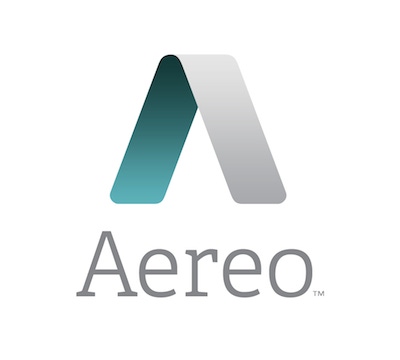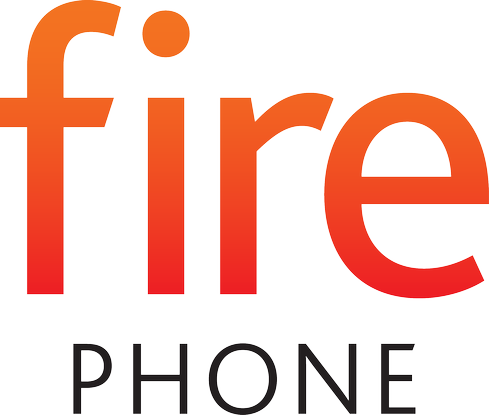Supreme Court rules that Aereo's scheme for delivering broadcast TV over the Internet violates copyright law; legality of cloud storage and other services remains unresolved.


Amazon Fire: 6 Key Points
Amazon Fire: 6 Key Points (Click image for larger view and slideshow.)
The Supreme Court ruled Wednesday in a six-to-three decision that newcomer Aereo's antenna-farm scheme for delivering broadcast TV over the Internet is essentially the same as a cable TV service and that it violates copyright law.
The case has been closely watched by traditional content providers such as the ABC, CBS, Fox, NBC, and PBS networks, who sued Aereo, as well as Internet service providers who are afraid that a ruling against Aereo would be a blow to innovative new technologies and services. But the court specifically did not address the issue of other technologies in its narrowly drafted decision.
"Given the limited nature of this holding, the court does not believe its decision will discourage the emergence or use of different kinds of technologies," Justice Stephen Breyer wrote in the majority decision. "We have not considered whether the public performance right is infringed when the user of a service pays primarily for something other than the transmission of copyrighted works, such as the remote storage of content."
[For more on the Aereo debate, see Aereo Vs. Broadcasters: 5 Questions For Supreme Court.]
The legality of services such as cloud storage and remote storage DVRs will have to wait until those technologies come before the court, Breyer wrote.
The decision reversed a decision by the US Second Circuit Court not to issue a preliminary injunction against Aereo and sends the case back to the court. Chief Justice John Roberts and associate justices Anthony Kennedy, Ruth Bader Ginsburg, Sonia Sotomayor, and Elena Kagan joined in the majority decision. Justice Antonin Scalia filed a dissenting opinion, joined by justices Clarence Thomas and Samuel Alito.
Aereo's service is available in a handful of metro areas and uses thousands of small antennas to receive over-the-air television broadcasts. For a monthly fee, subscribers can access via the Internet the signals received by a single antenna. A server tunes the antenna to the broadcast selected by the user and a transcoder translates the signal, which is buffered in the subscriber's folder on Aereo's hard drive and streamed to the subscriber.
Aereo argued that it is an equipment provider and is simply giving subscribers access to material that they could lawfully access with their own equipment at home. Because there is a one-to-one relationship between the antenna and the subscriber, transmitting the signal over the Internet does not constitute a public performance. Broadcast networks disagreed, saying that the scheme violated their copyrights.
It is not the first time that the issue has been before the court. With the emergence of Community Antenna TV (CATV) -- now the cable television industry -- in the 1970s, the Supreme Court ruled that CATV was more like a viewer than a broadcaster and did not fall under copyright law restrictions on public performances. In 1976 Congress responded with the Transmit Clause of the Copyright Act, specifically declaring that CATV or cable TV service does constitute a public performance and falls under copyright restrictions. This means that these service providers must pay for or otherwise get permission to use the content they distribute, a requirement that Aereo attempted to skirt.
"Aereo performs petitioners' works publicly within the meaning of the Transmit Clause," Breyer wrote. "It does not merely supply equipment that allows others to do so."
Breyer noted that unlike traditional cable service, the Aereo service is on-demand and not transmitted constantly. "But given Aereo's overwhelming likeness to the cable companies targeted by the 1976 amendments, this sole technological difference between Aereo and traditional cable companies does not make a critical difference here."
During oral arguments in April the justices expressed concern that equating Aereo's scheme with cable TV would have an negative impact on other services, such as cloud storage and other forms of remote access to content. Attorneys arguing for the broadcasters sought to assure the justices that they did not have to address these issues in deciding against Aereo.
"I'm asking you not to decide the cloud computing question once and for all today, because not all cloud computing is created equal," said Paul D. Clement, attorney for the networks. "The details of it might matter."
US Deputy Solicitor General Malcolm L. Stewart, testifying as a friend of the court on behalf of the networks, said, "there is no reason that a decision in this case should imperil cloud locker services generally. . . ."
The justices will wait for future cases before ruling on other technologies. "We cannot now answer more precisely how the Transmit Clause or other provisions of the Copyright Act will apply to technologies not before us," Breyer wrote.
InformationWeek's new Must Reads is a compendium of our best recent coverage of the Internet of Things. Find out the way in which an aging workforce will drive progress on the Internet of Things, why the IoT isn't as scary as some folks seem to think, how connected machines will change the supply chain, and more. (Free registration required.)
About the Author(s)
You May Also Like







